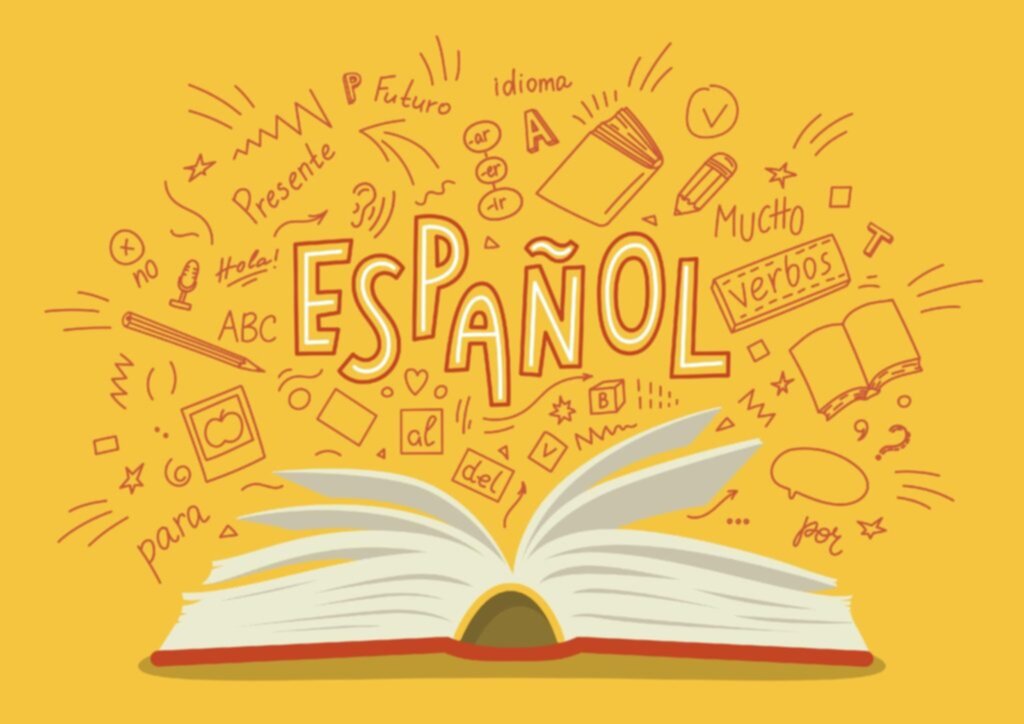
Parental involvement plays a hugely important role in the academic success of English Language Learners (ELLs). That is why it is important for ELL parents to read with their children and be involved in other aspects of their education. One of the best ways to incorporate parental engagement into the lives of ELLs is encouraging parents to read with their children in their home language. Read on to learn why it helps ELL kids to read in their home language, and what tools and resources can be used to do this.
Home Language – A Strong Foundation
The home language of ELLs serves as an aid for learning and increasing parental involvement because ELL parents feel comfortable speaking and reading with their children in their home language. It is essential to build upon young ELLs home language skills. Research shows that when young ELLs are exposed to age-appropriate books in their home language, they tend to develop more substantial pre-literacy skills than those who had no exposure to books in their native tongue (Association for Childhood Education International, 2003).
Building a strong foundation in young ELLs first language is necessary as it helps them learn to read, write, and speak in English at a much easier and faster rate. Research indicates that the first three years of life are crucial in brain development. This is another reason why it is important to expose young ELLs to their home language to increase brain development.
Tips For Learning English With Home Language
Learning one’s home language offers a significant amount of information and skills that can be used to learn English simultaneously or in the future. It is pertinent to create a language-rich environment at home as it helps to instill language and literacy skills at a young age. Some tips for learning English using a home language include:
- Parents can speak with their children in their home language, then ask them to describe what they did or are doing in English.
- Parents can create sticky notes or tags with the name of items in both their native language and English. This will increase young ELLs’ vocabulary. This technique is good for ELLs who already know these words in their home language.
- Parents can sing songs and play rhyming games in their native language, so that young ELLs will understand those concepts and be able to do the same in English.
- Parents can read bilingual books with their children. As young ELLs will understand the words and meaning of the stories in their home language, it will help them understand the words and meaning of the stories in English.
Parental involvement is crucial, especially when it comes to reading in their home language. Young ELLs not only learn important concepts and skills, but they also gain a sense that their home language is worthy of learning and recognition. The Latino Family Literacy Project offers an array of resources that can help ELL parents and educators working with ELLs, as well as share the importance of parental engagement within the education system.
